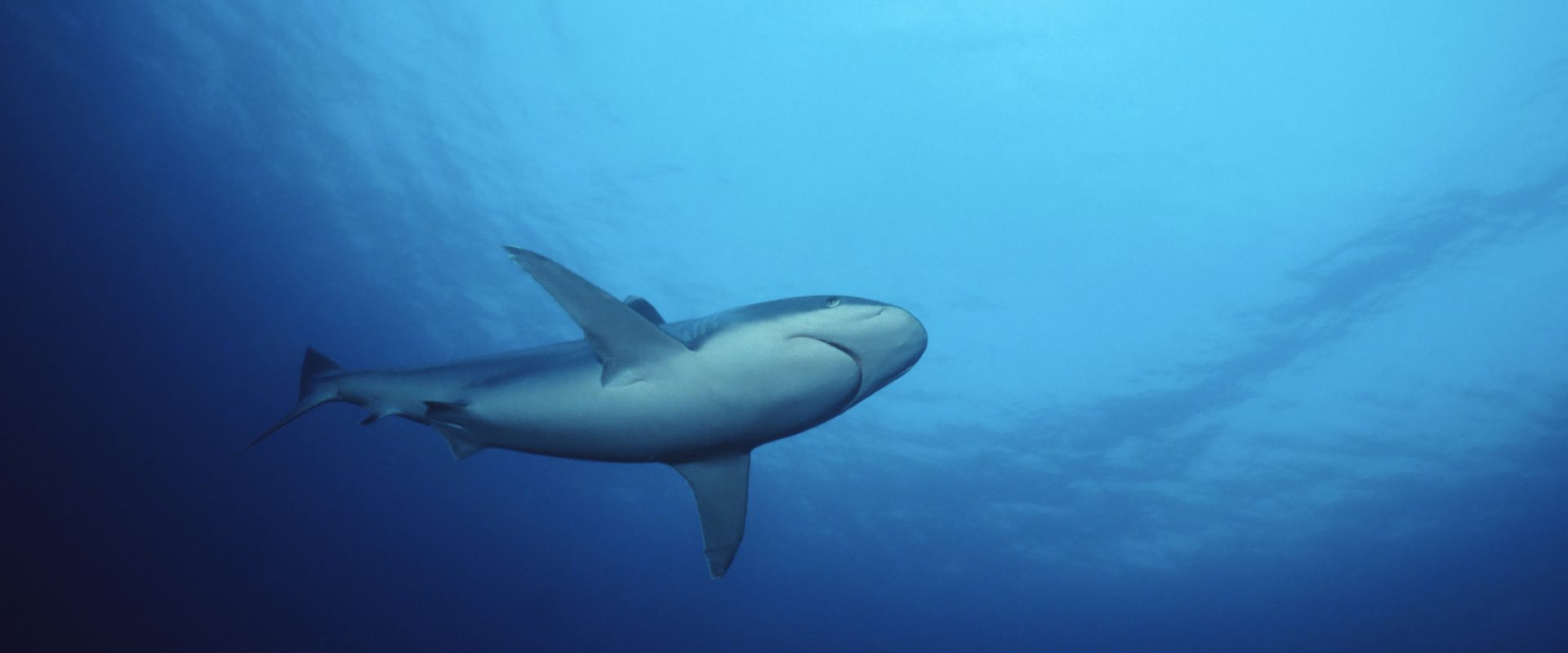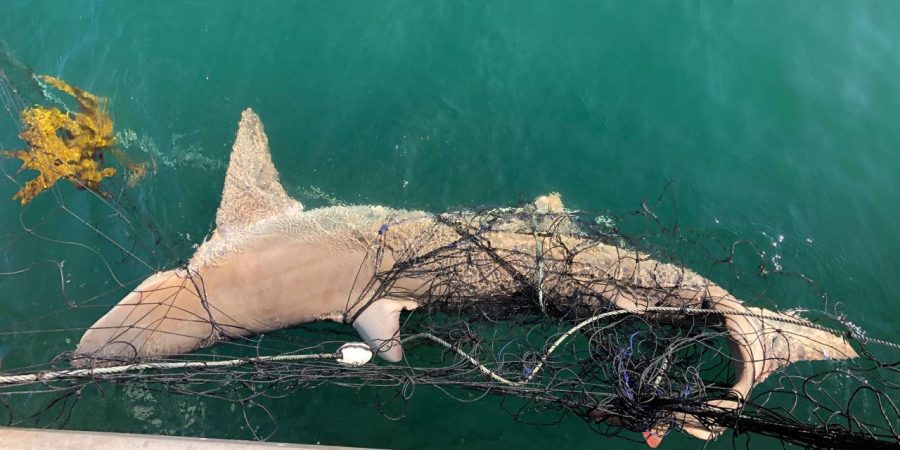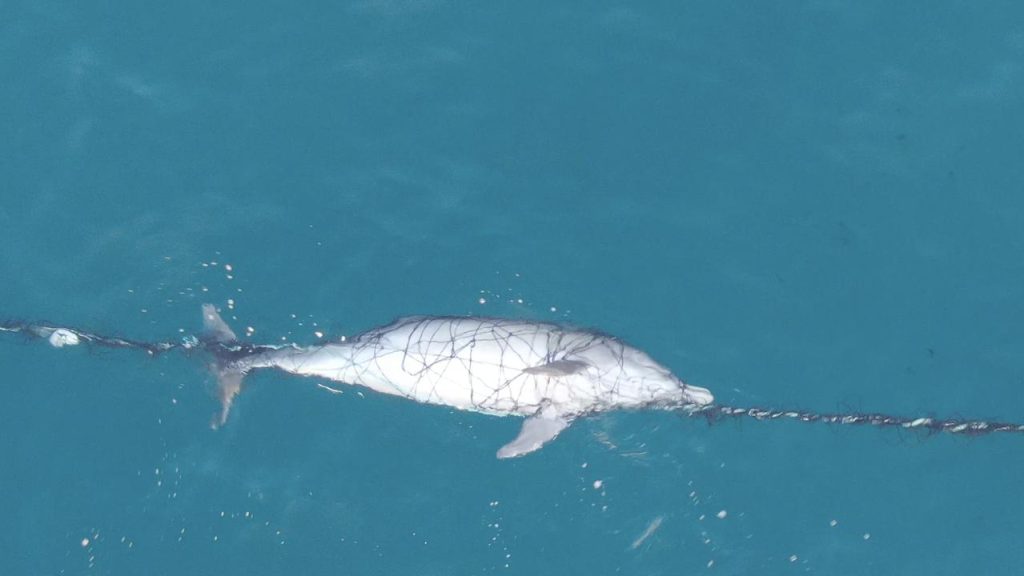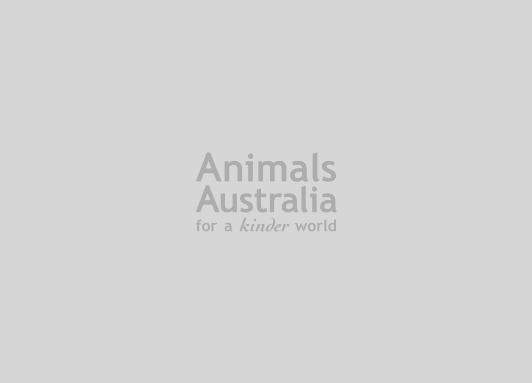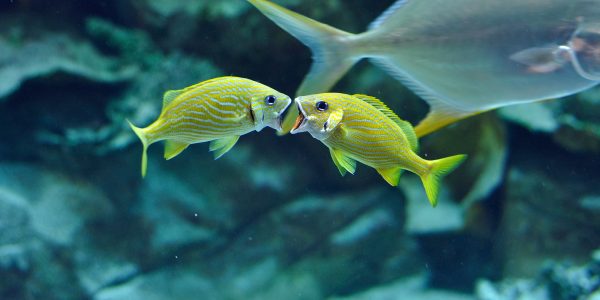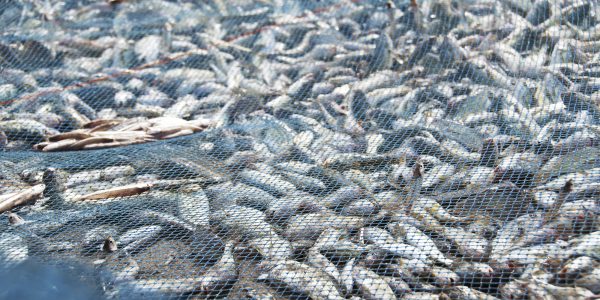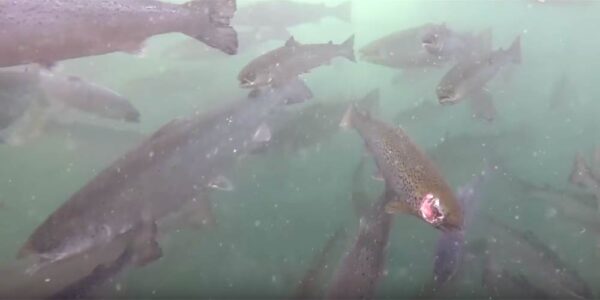Coastlines across Australia are becoming increasingly dangerous places to swim for sharks. Despite the fact many shark species are in decline along the coast of WA, QLD and NSW, sharks are being trapped in nets, painfully hooked and killed in an attempt to reduce encounters with beach-goers.
Every year in New South Wales and Queensland, shark nets and drum lines are set just 500 metres from the beach. These are designed to “protect” beachgoers who use the water for recreational activities. The problem is these devices don’t offer any protection whatsoever. Shark nets do not create a barrier for people to enter the water, they barely cover half the depth of the water they are set in! Drumlines are just baited hooks that stand alone in the water. Neither prevent sharks from swimming over, under or around them.
But experts have warned that these cruel measures won’t work, and that they’ll only further dwindle the numbers of threatened and endangered species, like Great Whites, Bull Sharks and Tiger Sharks. If that weren’t bad enough, shark netting and baited hooks also threaten countless non-targeted marine animals, like dolphins, turtles and even whales
Since the introduction of shark ‘control measures’, thousands of protected sharks — including many who did not pose any threat to humans — have died along Australia’s shorelines. With non-lethal control methods already available, such as shark enclosures, deterrent devices and air patrols, it’s time for the governments of WA, QLD and NSW to recognise that sharks don’t deserve to be hunted down and killed.

